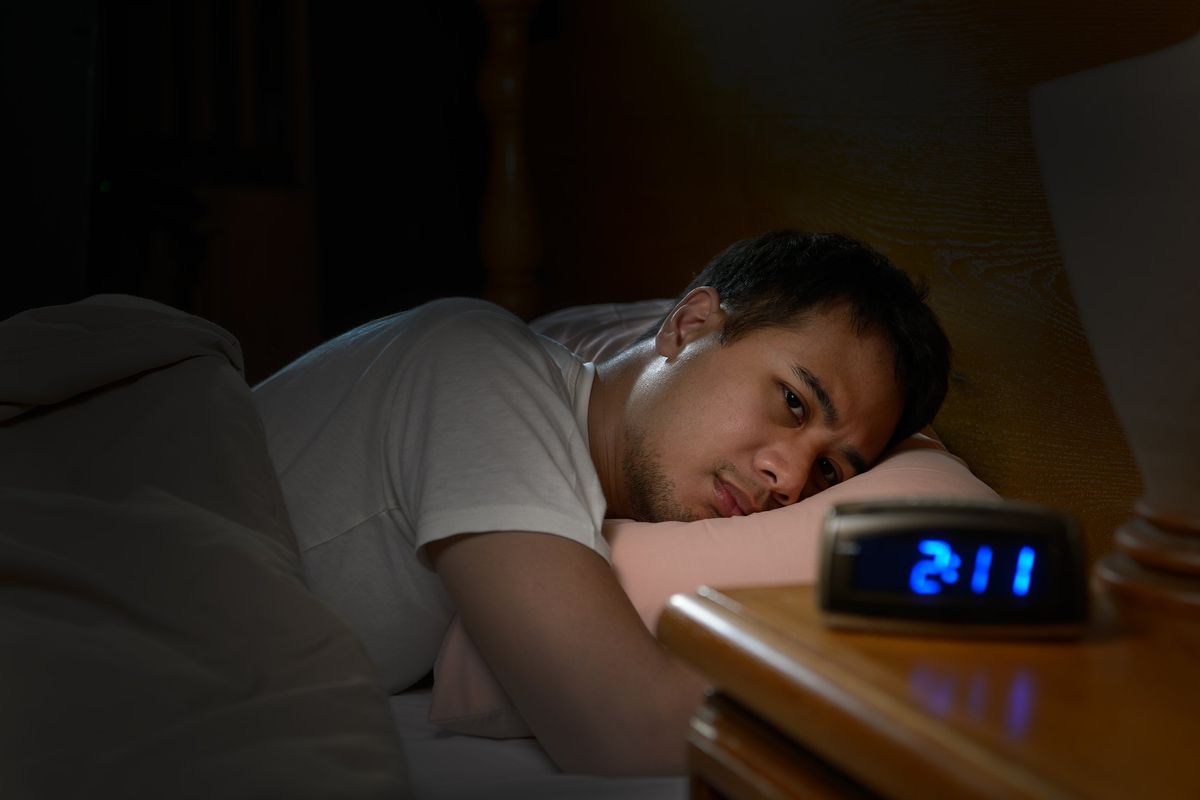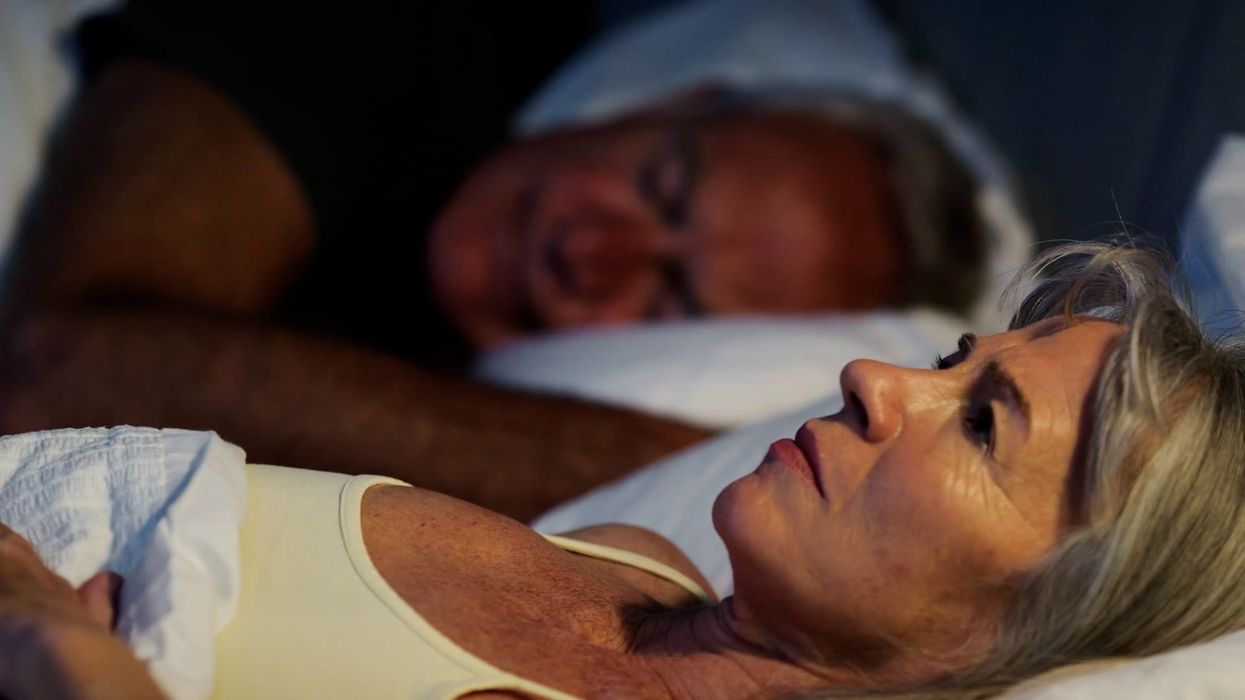We're all told how important it is to get a good night's sleep and new research has found your brain may age up to three years if you're getting poor quality shuteye.
Furthermore, struggling with falling asleep and remaining asleep is linked to poorer brain health in future years.
The study was published in the medical journal of the American Academy of Neurology and it focused on people with an average age of 40 who filled in a sleep questionnaire at the beginning of the research and then another one five years down the line.
The questions were based on qualities often associated with poor sleep health - short sleep, bad sleep quality, difficulty falling asleep, difficulty staying asleep, waking up early, and daytime sleepiness.
Participants with one or fewer of these qualities were part of the low group, those with two to three were classed as the middle group, and people with three or more were in the high group.
To see and understand how much the brain changes over time, those taking part had their brains scanned 15 years after the study had initially begun.

There were differing results in terms of brain age according to each group - the middle group's brain age was 1.6 years older than the low group, while the high group's brain age was 2.6 years older on average.
Scientists say the study also adjusted for other factors such as age, sex, high blood pressure and diabetes.
"Our findings highlight the importance of addressing sleep problems earlier in life to preserve brain health, including maintaining a consistent sleep schedule, exercising, avoiding caffeine and alcohol before going to bed and using relaxation techniques," said Kristine Yaffe, of the University of California San Francisco and a member of the American Academy of Neurology.
“Future research should focus on finding new ways to improve sleep quality and investigating the long-term impact of sleep on brain health in younger people.”
This research comes after many have argued changing the clocks twice per year upsets the natural rhythm of sleep - with some scientists calling on the Government to pick just one.
There has been a "strongly recommended" suggestion from Members of the British Sleep Society (BSS) to get rid of British Summer Time (BST) in favour of having Greenwich Mean Time (GMT) all year round.
And for those wondering what way the clocks are changing this weekend, they are going back an hour on 27 October 2024 at 2 am to move from BST to GMT, meaning an extra hour in bed!
How to join the indy100's free WhatsApp channel
Sign up to our free indy100 weekly newsletter
Have your say in our news democracy. Click the upvote icon at the top of the page to help raise this article through the indy100 rankings.













